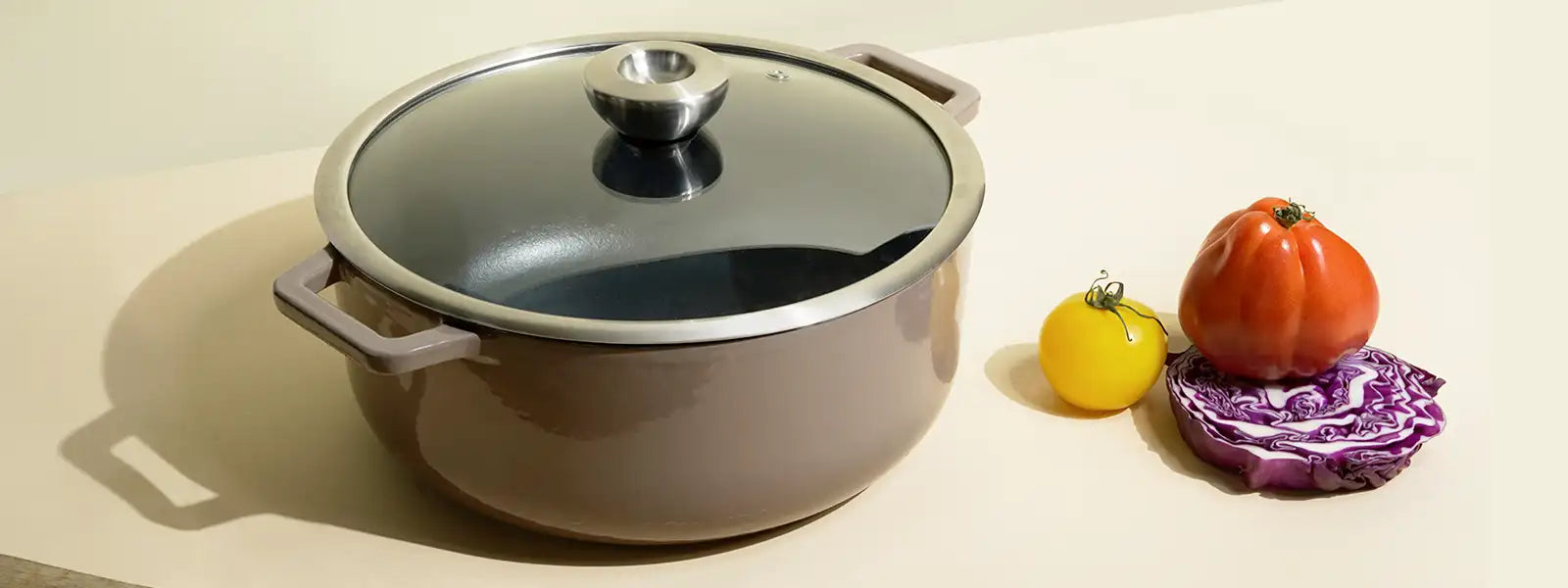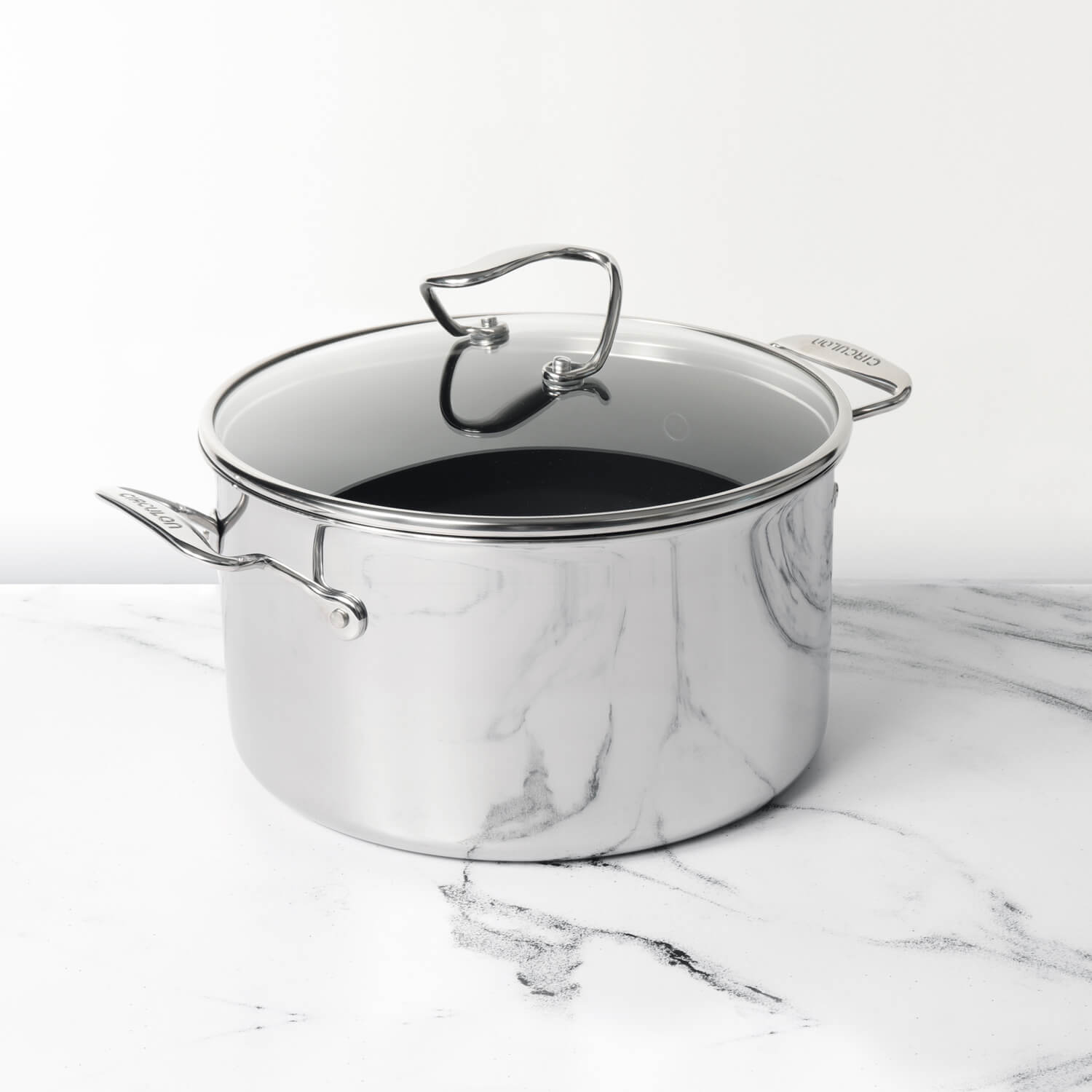People have valued cinnamon's medicinal properties since ancient times. Many of such health advantages have recently been confirmed by scientific research. Let's examine it in detail.
Table of Contents
- Nutrition:
- Types of Cinnamon:
- Health Benefits:
- Defend against lung infections:
- Cinnamaldehyde, one of the essential ingredients in cinnamon, is said to have anti-infective properties. The spice has demonstrated its ability to treat fungus-induced respiratory tract illnesses.
- May protect against cancer:
- Boosts Immune system:
- It lowers the risk of developing heart disease:
- Helps reduce Blood Sugar levels:
- Reducing the impact of fatty foods:
- Reduces Allergy Symptoms:
- Health Benefits for Skin:
- Acts as a Natural Preservative;
- Other benefits:
- Side effects of Cinnamon:
While Coronavirus is still a concern, practically everyone is switching to healthy/natural remidies to increase their immunity. This time of year, the regular cold and cough are common (as Diwali draws closer). But did you know that adding a few spices to your daily diet may help you fight it? Cinnamon is a healthy food to add in your diet. It is a delicious spice that also has a number of health advantages.
Nutrition:
According to the U.S. Department of Agriculture, a teaspoon of ground cinnamon weighing 2.6 g contains:
- energy: 6.42 calories
- carbohydrates: 2.1 g
- calcium: 26.1 milligrams (mg)
- iron: 0.21 mg
- magnesium: 1.56 mg
- phosphorus: 1.66 mg
- potassium: 11.2 mg
- vitamin A: 0.39 micrograms
It also contains traces of vitamins B and K and the antioxidants choline, beta-carotene, alpha-carotene, beta-cryptoxanthin, lycopene, lutein, and zeaxanthin.
Types of Cinnamon:
Cinnamon comes from a tree's bark. Small pieces of bark can be used to stews, desserts, and other foods, or ground cinnamon can be used in cakes or on buns, for example.
Cinnamomum verum, sometimes known as Ceylon cinnamon, and cassia, or Chinese cinnamon, are the two primary varieties (Cinnamomum aromaticum).
Sri Lankan cinnamon is called Ceylon cinnamon. It's referred to as "real cinnamon" by some. Contrarily, cassia cinnamon comes from southern China. More affordable than Ceylon cinnamon is cassia.
Because cassia cinnamon is less expensive than ceylon cinnamon, it is used in most American cuisine, including sticky buns and breads.
Health Benefits:
Here are health benefits of cinnamon that are supported by scientific research:
Defend against lung infections:
Cinnamaldehyde, one of the essential ingredients in cinnamon, is said to have anti-infective properties. The spice has demonstrated its ability to treat fungus-induced respiratory tract illnesses.
May protect against cancer:
Numerous research studies suggest that cinnamon extract may offer cancer protection. But animals were used in this investigation. Although test-tube research that demonstrated cinnamon promotes protective antioxidant responses in human colon cells validated these findings, it has not yet been established whether the spice has any impact on people.
Boosts Immune system:
This flavorful spice has a lot of antioxidants, which helps to strengthen your immune system. Tea or warm water with a dash of lemon can be used to prepare cinnamon.
It lowers the risk of developing heart disease:
Blood pressure and cholesterol are two major risk factors for heart disease, and cinnamon contains medicinal characteristics that may aid and improve them.
Helps reduce Blood Sugar levels:
This flavorful spice has a strong anti-diabetic effect, and over time, it has helped lower fasting blood sugar levels.
Reducing the impact of fatty foods:
According to studies published in 2011, cinnamon and other "antioxidant spices" may help lessen the body's adverse reaction to consuming high-fat meals.
Using 14 g of a spice mixture, six persons consumed dishes. Through blood testing, it was shown that triglycerides dropped by 31%, insulin response decreased by 21%, and antioxidant activity rose by 13%.
Reduces Allergy Symptoms:
The abundance of beneficial ingredients packed within this spice may provide comfort for allergy sufferers. In fact, it has been demonstrated in numerous animal models to reduce inflammation and inhibit histamine reactivity, which may help treat common allergy symptoms.
Health Benefits for Skin:
Cinnamon may provide skin advantages because of its antibacterial and antimicrobial qualities, which helps shield skin from infection, inflammation, rashes, and allergic responses. According to one study, using cinnamon essential oil directly on the skin can help to lessen discomfort, redness, edoema, and inflammation.
One advantage of cinnamon and honey, two other antimicrobial ingredients, is that combining them can improve skin health even further and may be helpful for conditions like rosacea, acne, and skin allergies. For more skin comfort, you can add either raw honey or Manuka honey.
Acts as a Natural Preservative;
Food preservation is one of the less well-known uses for cinnamon powder. Research shows that it can be used as a preservative in many foods without the use of chemicals or artificial components because it is antimicrobial and serves as an antioxidant.
According to a recent study, cinnamon leaf extract coated pectin from fruit produced excellent antioxidant and antibacterial activity and stayed fresh for longer. Additionally, it has anti-tyrosinase properties that can help prevent the oxidation and subsequent rot of fruits and vegetables by preventing the colouring of those foods.
Other benefits:
Supplements containing cinnamon are sometimes used to treat illnesses like diabetes, appetite loss, and digestive problems. Additionally, it is used in conventional medicine to treat bronchitis.
Side effects of Cinnamon:
In the short term, consuming moderate amounts of cinnamon as a spice or as a supplement seems to be safe for most people.
Cinnamon does, however, contain coumarin. This is a natural flavour that also contributes to the production of warfarin, a common blood thinner.
A high coumarin intake can harm the liver and interfere with blood clotting. Therefore, before including cinnamon or cassia in their diet, people should consult their doctor if they:
- take anticoagulants or other drugs
- have diabetes
- have a liver condition











Leave a comment